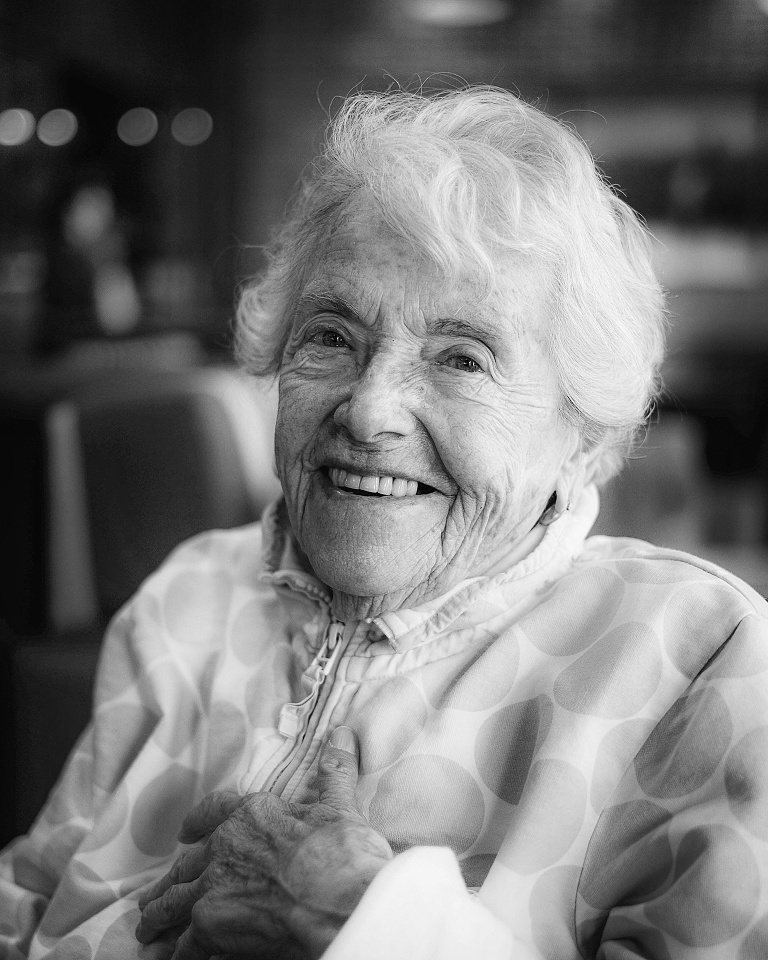Withering and blooming
Back in Portland, I met with Margie in the afternoon, and we were all astir over this article in The Atlantic sent to me yesterday by a friend in France. It’s about aging, and it looks at how age affects us in every decade from the 20s onward. It looks at patterns, at different cultural ways of aging. I sent it to Margie this morning, she read it, and by the time we met for afternoon tea she had already sent it to her children and was eager to talk about it.
It’s a long article, the online version peppered liberally by ads I find distracting, so after we had tea Margie walked with me to a bookstore so I could buy a copy of the paper version of The Atlantic. I offered to get her a paper version too, but she waved me off, explaining, “I transferred it to my iPad and made the print larger, and I don’t mind the ads, so I’m fine with the online version.” That’s an example of what Arthur C. Brooks calls “fluid intelligence” —the ability to adapt to changing situations and solve problems, which starts diminishing in one’s 30s and 40s, according to Brooks. Margie obviously still has plenty of fluid intelligence, but she also has “crystallized intelligence,” what we often call wisdom or judgment, a kind of intelligence we can’t hope to achieve before our 60s.
“Decline is inevitable,” Brooks writes, “and it occurs earlier than almost any of us wants to believe. But misery is not inevitable. Accepting the natural cadence of our abilities sets up the possibility of transcendence, because it allows the shifting of attention to higher spiritual and life priorities.”
Margie and I are both happier now—she at 93 and me at 73—than we have ever been before. Yes, our bodies are challenging and our short-term memory/forgettery can be annoying. But our relationships are rich, deep, tender, intense. Our relationships are not “about us,” but about those we encourage and love—about where they are going, and what they need to get there.
“I have the most wonderful children,” Margie says. “And the dearest friends.” Relationships, we agree, is what our lives are about.
The article suggests that we face the inevitability of professional decline by connecting more, by supporting and encouraging others, by cheering for them, by listening. This is how we find our usefulness, our relevance—not by pontificating or upbraiding others for not doing it the way we did it, but by lavishing time and attention on those we hope will grow beyond us and do what we weren't able to do. “The secret to bearing my decline—to enjoying it—is to become more conscious of the roots linking me to others,” Brooks writes, so that “my own withering will be more than offset by blooming in others.”


Comments New comments are not currently accepted on this journal.